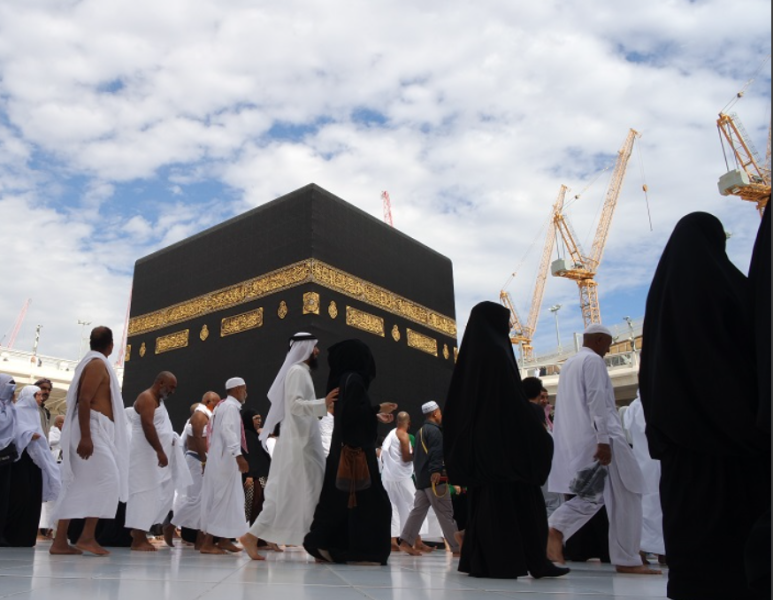Salah (صلاة) is one of the five pillars of Islam and serves as a fundamental practice for Muslims worldwide. It is a direct link between the believer and Allah (الله), allowing for a regular reminder of faith, submission, and spiritual discipline. This article explores the significance of Salah in Islam, drawing on Arabic references and teachings from the Quran and Hadith.
The Five Pillars of Islam
Salah is the second pillar of Islam, following the declaration of faith (Shahada). The Five Pillars are foundational acts that shape a Muslim's life:
Shahada (Declaration of Faith)
Salah (Prayer)
Zakat (Almsgiving)
Sawm (Fasting during Ramadan)
Hajj (Pilgrimage to Mecca)
The importance of Salah is emphasized in numerous verses of the Quran. Allah commands believers to establish prayer as a means of worship and remembrance.
Quranic References
One of the most significant verses concerning Salah is found in Surah Al-Baqarah (Chapter 2, Verse 43):
"وَأَقِيمُوا الصَّلَاةَ وَآتُوا الزَّكَاةَ" (“And establish prayer and give zakat.”)
This verse illustrates that Salah is not merely a ritual but a vital act that is integral to the Muslim faith, coupled with the act of giving to those in need.
Another important reference is in Surah Al-Mu’minun (Chapter 23, Verse 1-2):
"قَدْ أَفْلَحَ الْمُؤْمِنُونَ * الَّذِينَ هُمْ فِي صَلَاتِهِمْ خَاشِعُونَ" (“Successful indeed are the believers, those who are humble in their prayers.”)
This verse underscores the significance of humility and concentration in Salah, indicating that true success lies in the sincere performance of prayer.
The Role of Salah in Daily Life
Salah serves multiple purposes in a Muslim's daily life:
Spiritual Connection: Salah is a time for personal reflection, meditation, and connection with Allah. It serves as a reminder of one’s faith and duties.
Discipline and Structure: The five daily prayers instill discipline and routine in a Muslim's life. They encourage punctuality and time management.
Community and Unity: Performing Salah in congregation (especially the Friday prayer) fosters a sense of community among Muslims. It is an opportunity for collective worship and unity.
Forgiveness and Purification: Salah provides a means for spiritual purification. The Prophet Muhammad (صلى الله عليه وسلم) said:
"إن الصلوات الخمس كفارة لما بينهن" (“The five daily prayers are a means of atonement for the sins committed in between them.”)
This Hadith emphasizes the cleansing and redemptive qualities of Salah.
Conclusion
The importance of Salah in Islam cannot be overstated. It is a pillar that supports the spiritual edifice of a believer's life, providing guidance, discipline, and community. Through regular prayer, Muslims cultivate a deeper relationship with Allah, reinforcing their faith and moral values.
In a world filled with distractions, Salah acts as a spiritual anchor, reminding believers of their purpose and connection to the Divine. By adhering to this sacred practice, Muslims fulfill their obligations and nurture their souls, striving for success in both this life and the hereafter.
References
القرآن الكريم (The Holy Quran)
صحيح البخاري (Sahih al-Bukhari)
صحيح مسلم (Sahih Muslim)
This article highlights the enduring significance of Salah and its role in nurturing the Islamic faith within individuals and communities.










